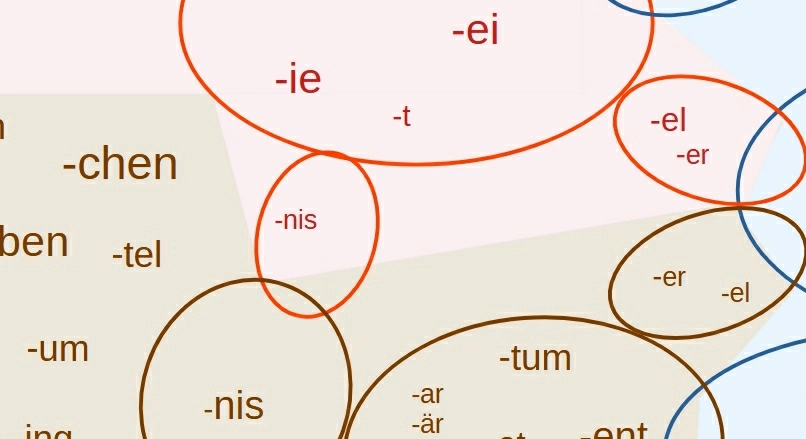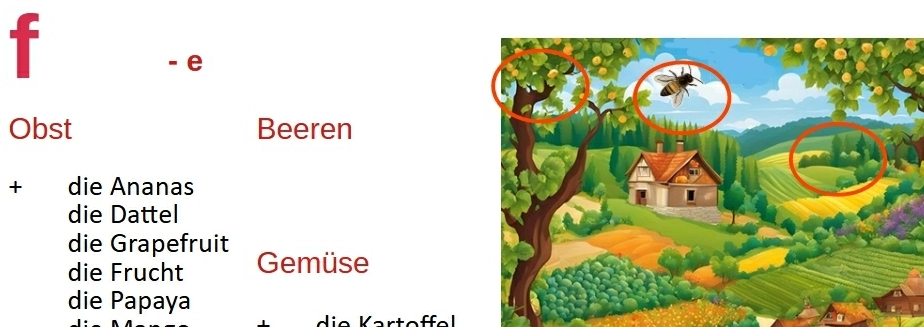In the last part of the topic devoted to gender in the German language, we will consider the neuter gender.
Other parts:
1. Plural, declension, and gender in German. Feminine gender
2. Plural, declension, and gender in German. Masculine gender
4. Tests for Gender and Plural in German




